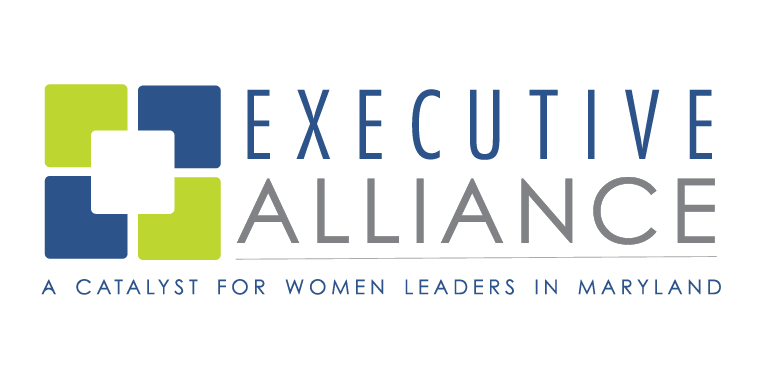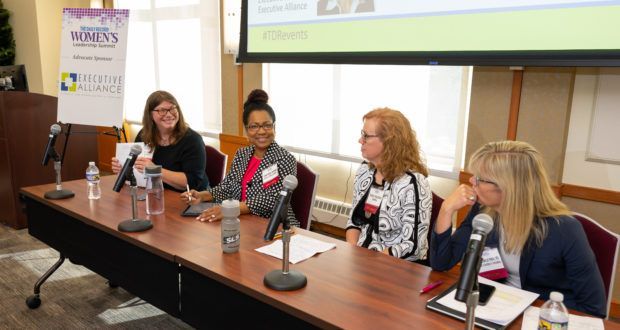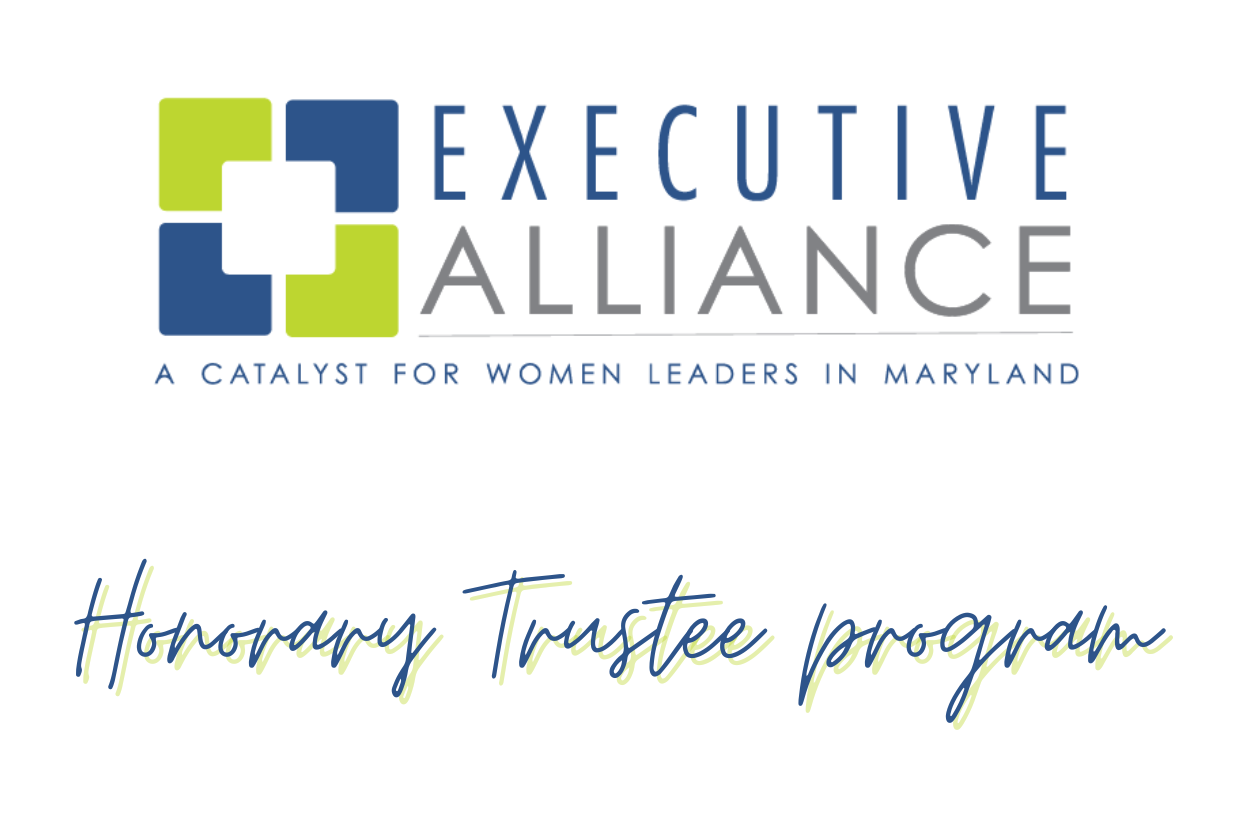a certain way like women should be nurturing and accommodating while men are supposed to be strong.gender equality conceptual image 2021 08 27 22 43 23 utc
Workplace gender bias occurs when an employee gives preferential treatment to one gender over another. Executive Alliance teamed up with the Maryland Daily Record to host a panel discussion on gender bias as a part of The Daily Record’s annual Women’s Leadership Summit in mid-October. EA executive director Rebecca Snyder served as moderator while panelists were Diane Forbes Berthoud, Ph.D., MA, Vice President and Chief Diversity Officer, University of Maryland, Baltimore; Rebecca (Becca) Pearce, MBA, President, Extend Coaching & Consulting; and Kathy Vizachero, Senior Director of People Services, SprintRay.
Forbes Berthoud notes when looking at hiring and recruitment trends across the country and world, women tend to be found in the workplace at the lower to mid-levels of businesses and organizations. Fewer women are found at the managerial and executive levels.
Women leaders also tend to leave positions and/or the workforce at a higher rate than men for a number of reasons including looking for additional job opportunities, more flexibility, family caregiving needs and wanting more ethnic diversity.
The technology sector tends to be a male-dominated field. Vizachero told the crowd the tech force industry has around 26 to 27 percent of women working in the field. Her company has close to 40 percent. It can be challenging to recruit women to the field but she finds it “kind of a joke” when people say there just aren’t enough women to choose from in the field.
She points to the University of Southern California who’s engineering programs have graduating classes that are 50 percent female.
“We know that they are coming and, in fact, the case may be made that they are here,” she said.
When women come into the tech industry, Vizachero said they might be the only woman on their team. “It is super important that she sees other women leaders surround her, building her up and helping her navigate the organization,” she said.
It is also important for companies to be proactive to understand what barriers women might be facing and how they can advance in the organization. Vizachero notes women tend to not speaking up because they are worried they will be labeled as too loud or too much if they do that. “So knowing when to create the right kind of balance is important especially in advancing for salary,” she said. “We know that women’s salaries lag men’s.” If a woman wants a raise, she tends to wait to see if a compensation audit across the company will take place while Vizachero promotes not waiting and asking for a raise individually.
Pearce discussed a study by the Center for Talent Innovation that interviewed hundreds of executives across a variety of fields asking their definition of executive presence. The results boiled down to three basic items — how you act, how you communicate and how you dress.
She told the room the acting portion talked about how individuals need to walk into a room with confidence, take command of a room and speak with authority. The communication portion focused on being attentive to conversations, articulate and having positive body language. The dressing point has changed since the COVID-19 pandemic as many workplaces have become more casual. “It is much more difficult for a woman to figure out what to wear,” she said. Her recommendation is to always dress better than everybody else.
Later in the panel discussion, Snyder asked for some concrete ways women can work to counter gender bias. Pearce said women need to have less self doubt. When looking at key job requirements, men will apply if they hit 60 percent of them while women feel the need to only submit an application if they match 100 percent. Pearce encouraged women to apply to jobs even if they don’t meet all the requirements.
Women are also great team players but tend to let men do things they don’t feel 100 percent confident in because they believe the man might do better. “Build your confidence,” Pearce said. “Stand in your own confidence. Know what you do well. Focus on what you know. Address your wins because that’s another thing women do not do is we do not celebrate our own wins. Every week you should celebrate (what you are most proud of professionally).”
(The Daily Record photo/Maximilian Franz)




